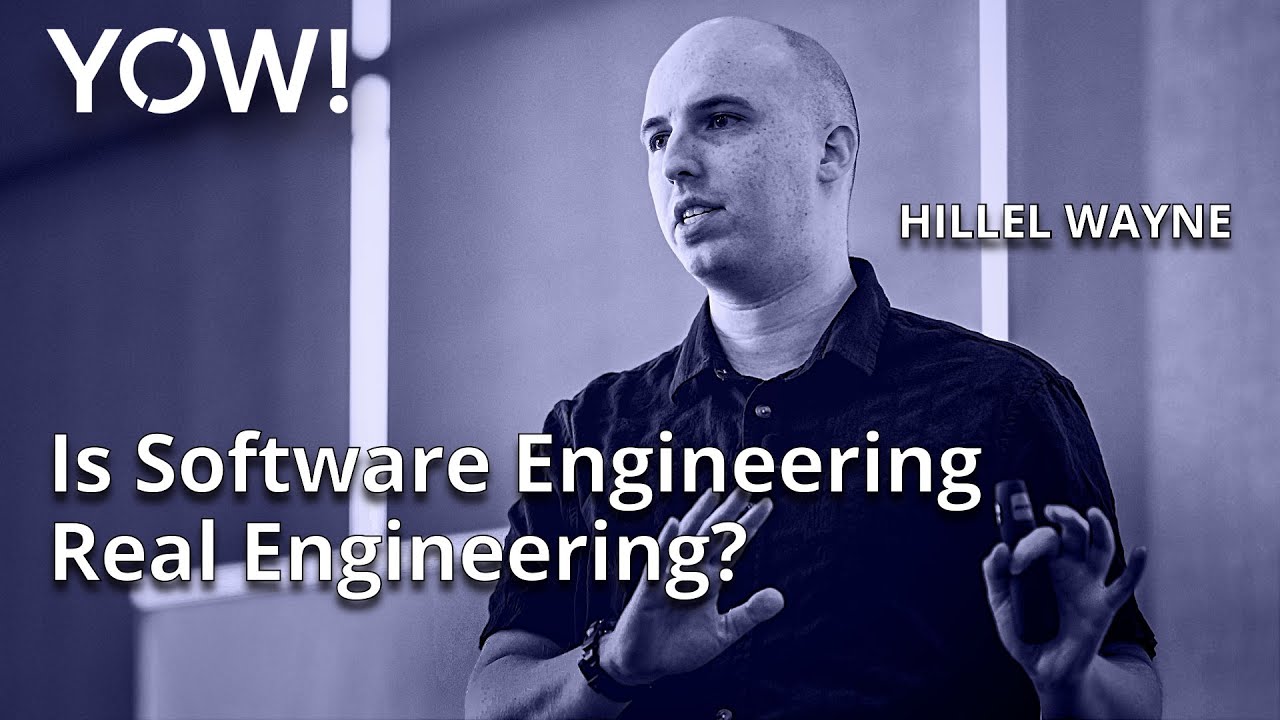

print(f"debug: {what_the_fuck_is_this}") is a valid pattern that seasoned professionals still turn to. If you’re in a code environment that doesn’t support it, then it’s a bad code environment.
I’ve been known to print things to the console during development, but it’s like eating junk food. It’s better to get in the habit of using a logging framework. Insufficient logging has been in the OWASP Top 10 for a while so you should be logging anyway. Why not logger.debug("{what_the_fuck_is_this}") or get fancy with some different frameworks and logger.log(SUPER_LOW_LVL, "{really_what_the_fuck_is_this}")
You also get the bonus of not going back and cleaning up all the print statements afterward. All you have to do is set the running log level to INFO or something to turn all that off. There was a reason you needed to see that stuff in the first place. If you ever need to see all that stuff again the change the log level to whatever grain you need it.





I wonder if they licensed the source of 5.0+ to someone and are still getting paid for it. If so, it’s probably something ubiquitous and critical that nobody would think of like traffic lights or water treatment plants.